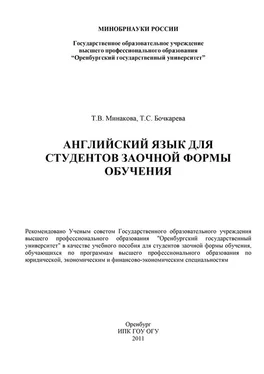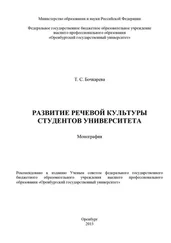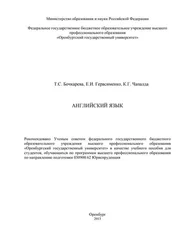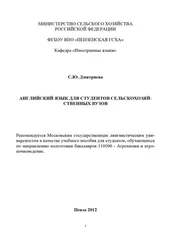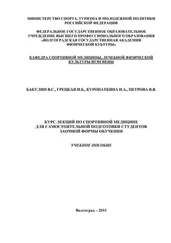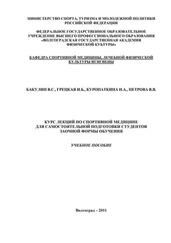Usually it is not possible to gather data about all possible cases in a population. Some population are infinite. Others , though finite, are so large that it would take too much time or cost too much to collect data on each unit in them (e.g. Every ten years the United States government conducts census of the whole population of the USA, but it is a gigantic and costly undertaking.)
The statistician usually gets the information from a relatively small number of cases called sample! From the cases in the sample he/she makes generalizations about the whole population.
The cases in the sample must be representative of the whole population, otherwise the conclusion drawn from the sample would not be valid for the whole population.
The size of the sample is a factor too. Other things being equal, a larger sample is better than the smaller one. However, excellent results can be obtained with small samples that are properly set up. Most public opinion surveys are conducted on samples that are made as representative as possible by means of stratified sampling techniques. It is a special techniques of dividing country into various layers (strata). The aim of this techniques is to make proportions in the sample the same as in general population.
Basic to all sampling techniques is the idea of randomness. It means that any item of the population is equally likely to be included in to the sample.
2.2.7.3 Задание 3. Ответьте на вопросы по тексту А
1 Were does statistics appear?
2 Where are statistical techniques used?
3 How are the results of statistical investigations organized?
4 What ways are statistical data usually collected?
5 What is the main aim of statistics?
6 Is it possible to gather data about all possible cases in population?
7 What does the term “sample” mean?
8 When would the conclusion draw from the sample be valid for the whole population?
9 What kind of sample is better?
10 What does “randomness” mean?
2.3.1 Тексты для студентов специальности «Юриспруденция»
2.3.1.1 Задание 1. Прочитайте и запомните следующие слова и словосочетания:
security – безопасность;
organs of inquiry – следственные органы;
to establish – установить;
to determine – определять;
to receive – получать;
for instance – например;
to commence – начинать;
preliminary – предварительный;
to detain – задерживать;
a suspect – подозреваемое лицо;
to testify – давать показания;
available – доступный;
persons in office – должностные лица;
to vest – облагать (полномочиями);
to safeguard – охранять;
procedure – процедура.
innocence – невиновность;
correct – правильное (решение);
testimony – показания;
the injured party – Потерпевшая сторона;
inquire – спрашивать, наводить справки;
exhibit – вещественное доказательство;
record – запись;
to request – запрашивать;
participant – участник;
erasure – исправления;
alteration – изменения;
to be aware of- знать;
relevant – относящийся;
at one's disposal – в … распоряжении.
Конец ознакомительного фрагмента.
Текст предоставлен ООО «ЛитРес».
Прочитайте эту книгу целиком, купив полную легальную версию на ЛитРес.
Безопасно оплатить книгу можно банковской картой Visa, MasterCard, Maestro, со счета мобильного телефона, с платежного терминала, в салоне МТС или Связной, через PayPal, WebMoney, Яндекс.Деньги, QIWI Кошелек, бонусными картами или другим удобным Вам способом.
